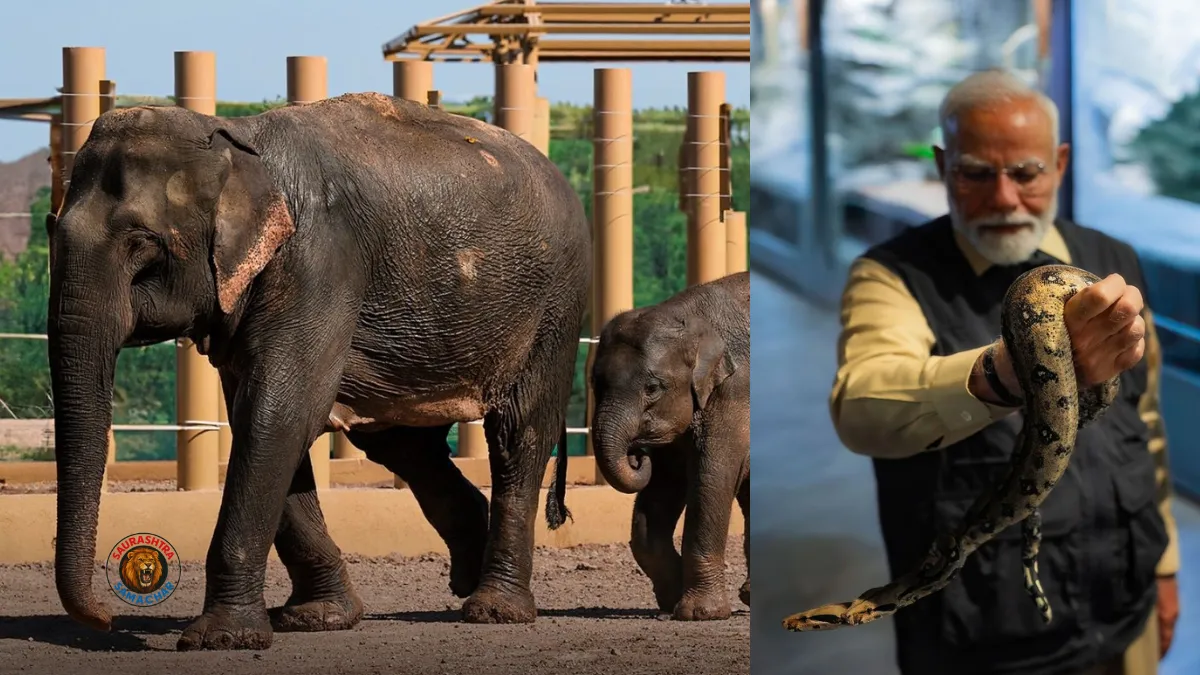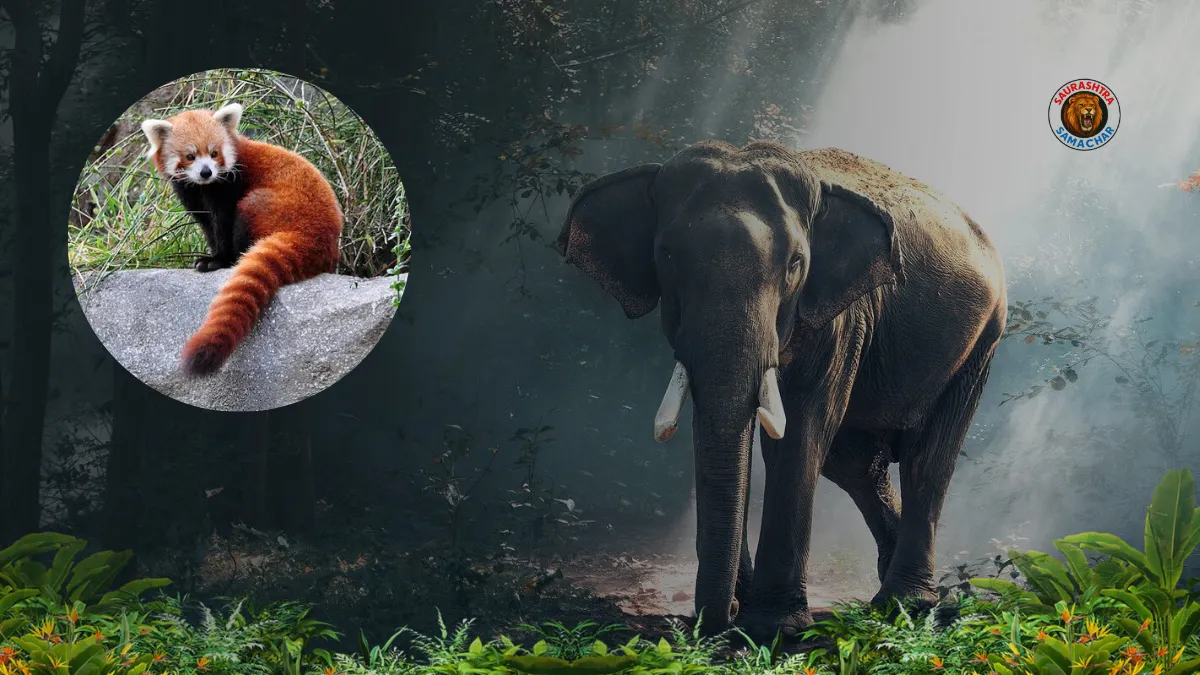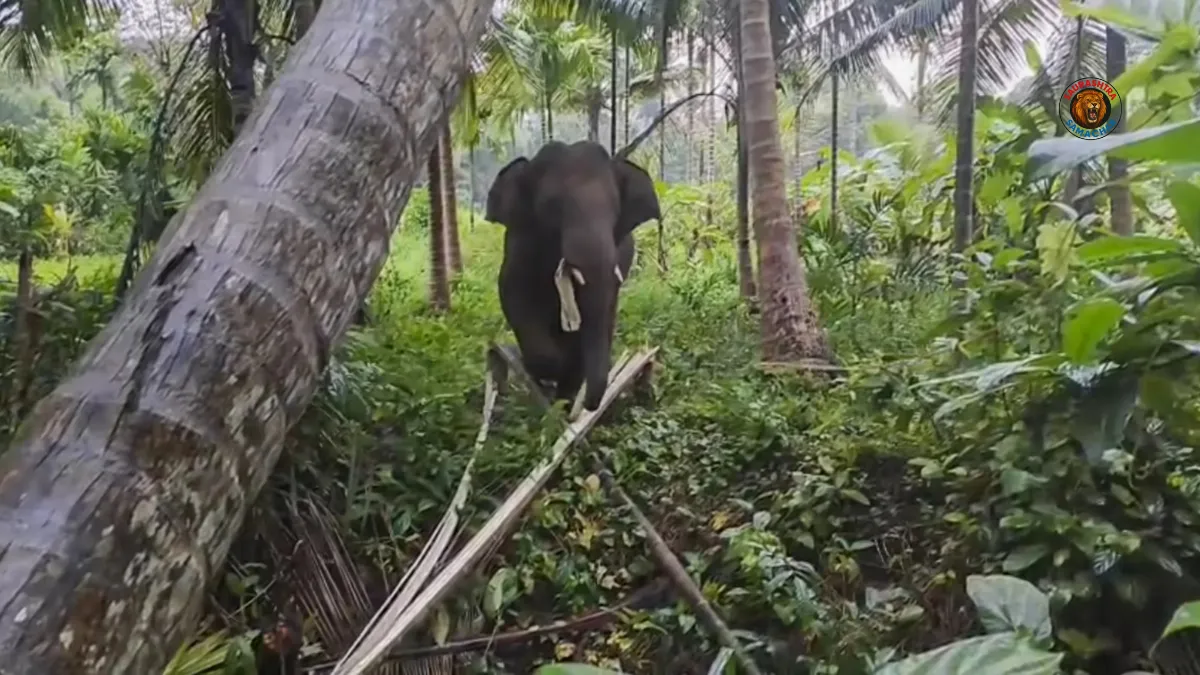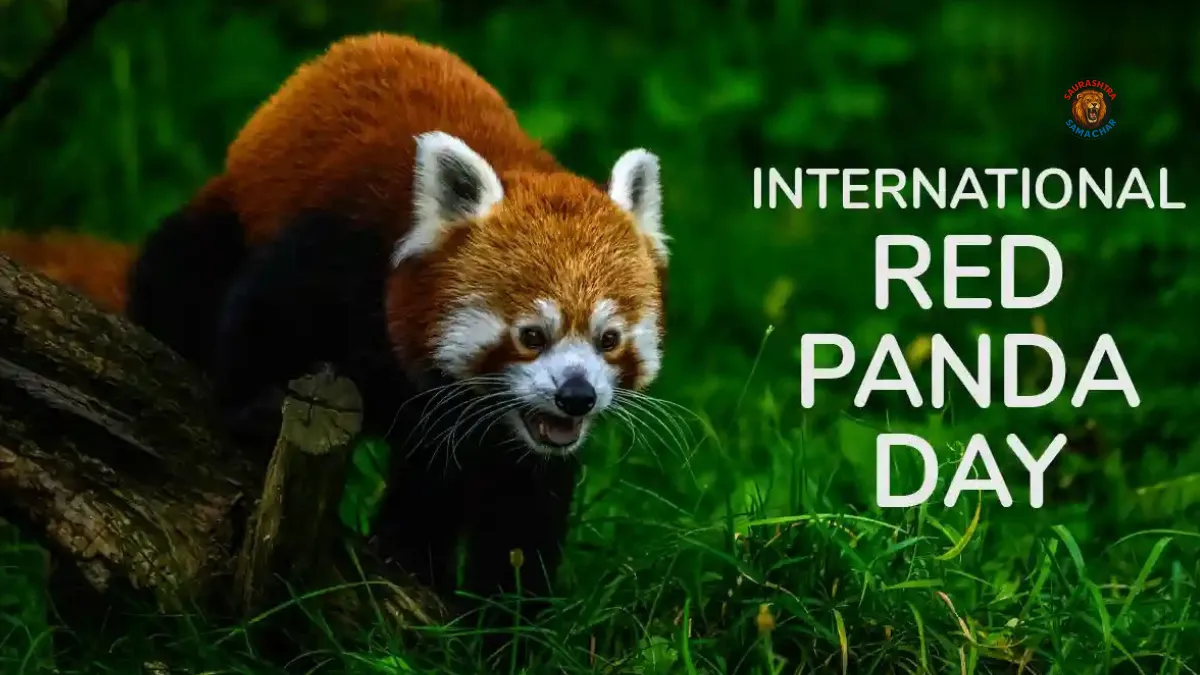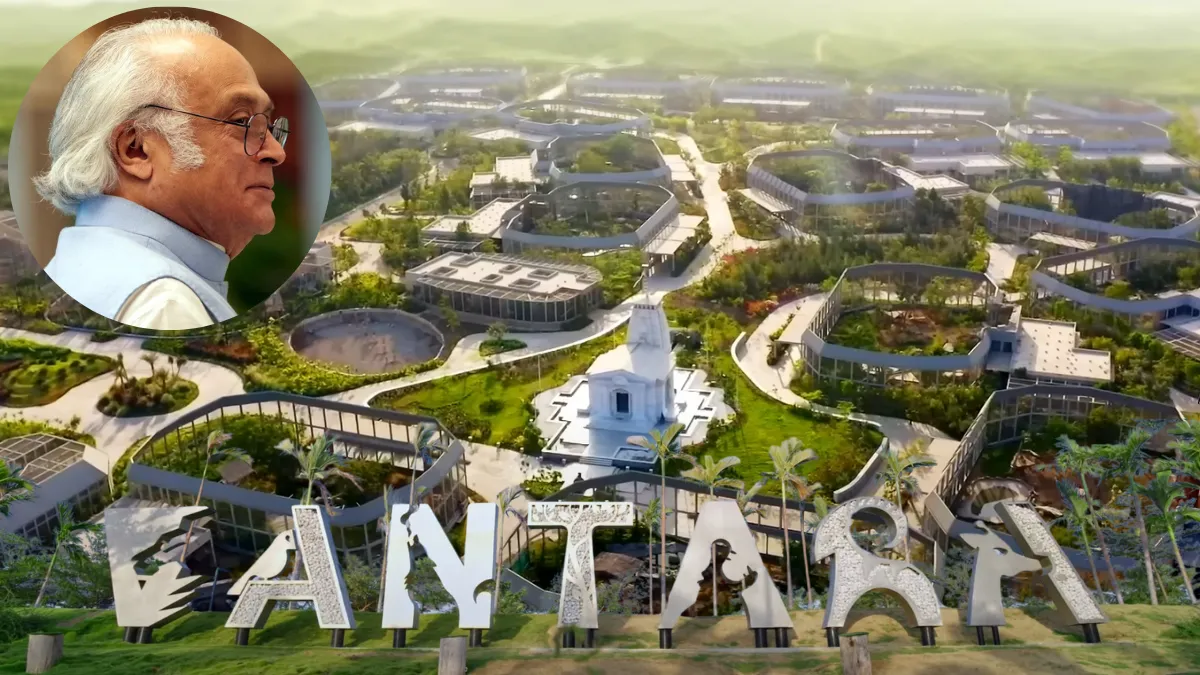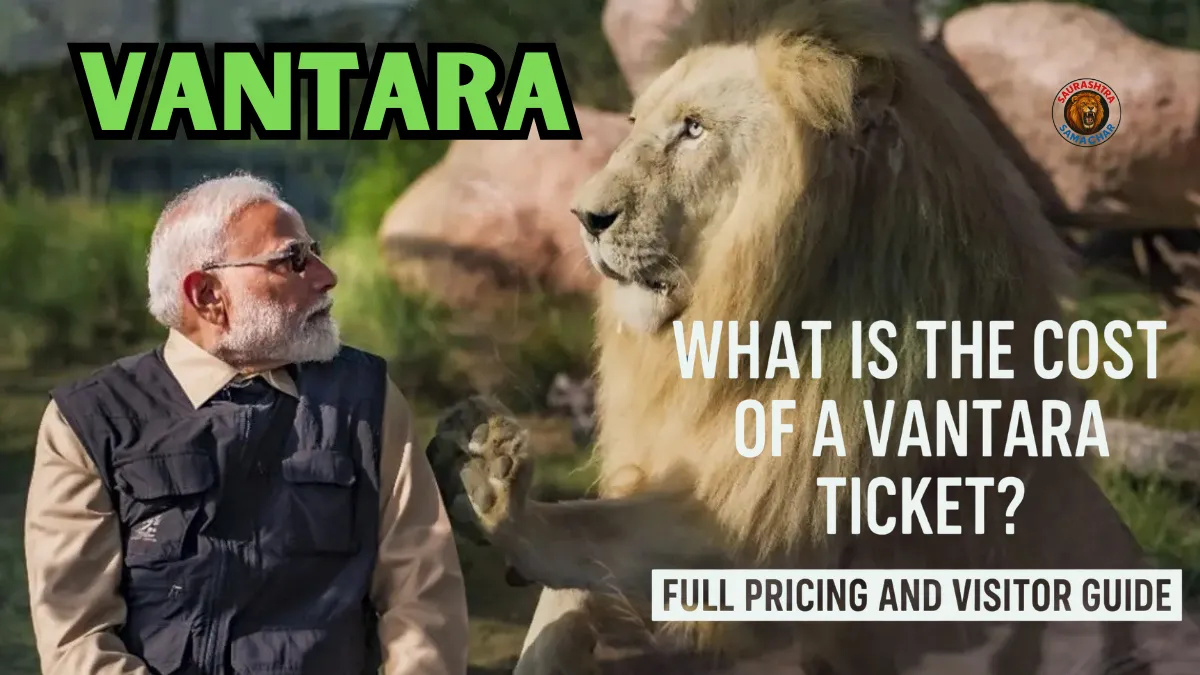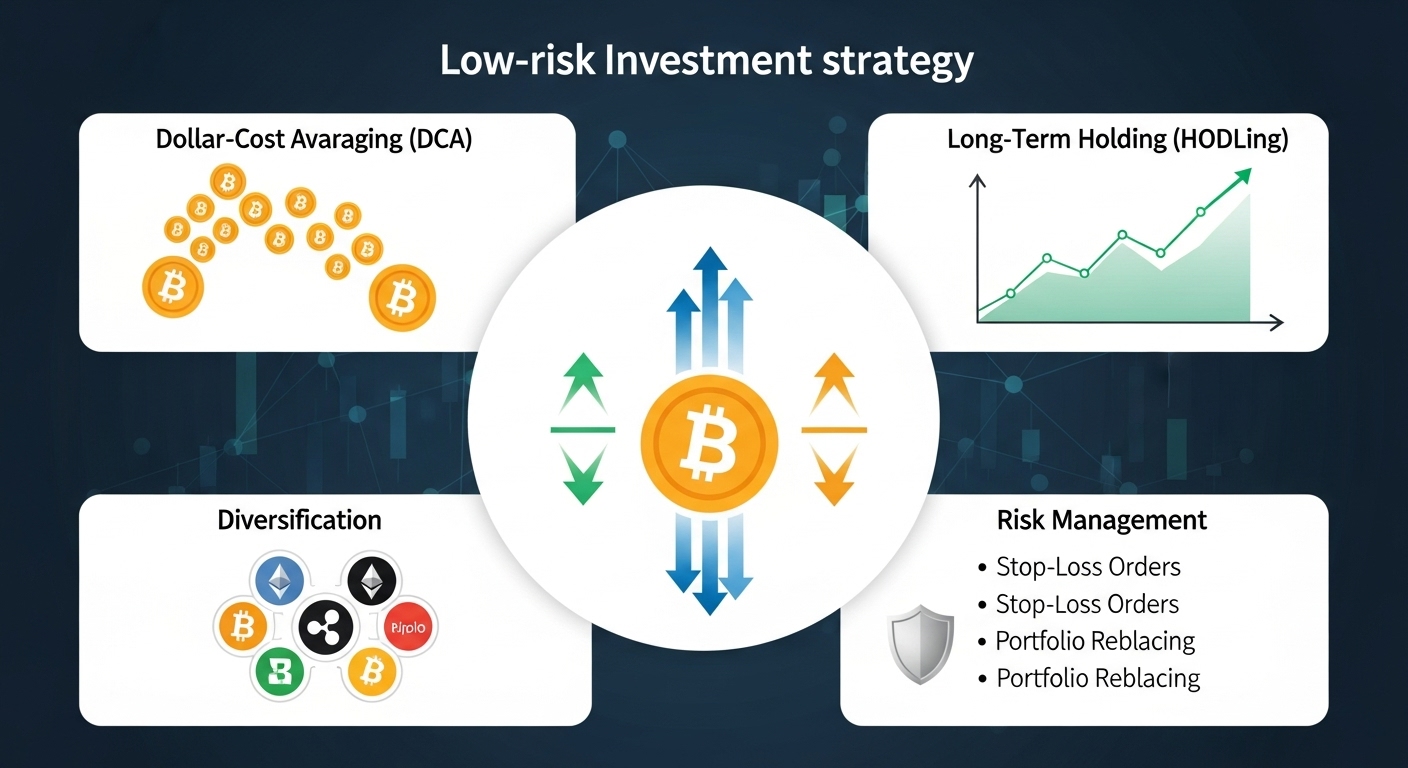Future of Vantara zoo Gujarat? This question is at the heart of India’s ongoing debate about animal welfare, conservation, and the role of private initiatives in saving endangered species. In recent years, the Vantara project in Jamnagar, Gujarat, has gained enormous attention—not just for its size and vision but also for the controversies surrounding it. Backed by Anant Ambani and the Reliance Foundation, Vantara has been projected as one of the world’s largest animal rescue, rehabilitation, and care centers. But its journey has not been without challenges.
In this detailed article, we’ll explore everything you need to know about the Vantara project: its origins, purpose, controversies, present status, and most importantly, what the future of Vantara zoo Gujarat might look like.
Origins of Vantara: A Vision Beyond a Zoo
Vantara, meaning “Star of the Forest”, is not designed to be a conventional zoo. Unlike typical zoos that attract visitors for recreation, Vantara claims to be built primarily for the protection and welfare of animals. Spread across thousands of acres in Jamnagar, Gujarat, the center includes specialized facilities such as:
- Wildlife hospitals and intensive care units
- Rehabilitation enclosures that mimic natural habitats
- Breeding and research centers for endangered species
- Veterinary services with global-standard equipment
The project is the brainchild of Anant Ambani, who has often expressed his passion for animal care and conservation. He envisions Vantara as a “heaven” for rescued wildlife—ranging from elephants, lions, and tigers to exotic birds and reptiles.
Why the Future of Vantara Zoo Gujarat Matters
The future of Vantara zoo Gujarat is not just about one private project—it has wider implications:
- For Conservation in India – If successful, Vantara could inspire similar large-scale private conservation efforts.
- For Wildlife Welfare – Thousands of animals, especially those rescued from poor conditions, depend on its long-term success.
- For Public Trust – Since the project is associated with one of India’s biggest industrial families, transparency and credibility will decide how it is perceived globally.
This is why debates about whether Vantara will evolve into a true global model or remain clouded in controversy continue to dominate headlines.
Current Controversies: Shadows on a Noble Vision
While the project claims noble goals, its journey has been marked by several controversies:
1. The Madhuri Elephant Row
One of the most widely discussed cases is that of Madhuri, an elephant from a Jain monastery in Maharashtra. When Madhuri was shifted to Vantara, many in the Jain community protested, demanding her return. They argued that she belonged to the religious institution and was part of their heritage.
This controversy raised questions about whether Vantara’s animal transfers were always voluntary or in the best interests of the animals.
2. Animal Transfers from Other States
Reports suggest that rare species, including white bears and deer from Chhattisgarh, were relocated to Jamnagar. This sparked protests from local communities and wildlife activists who felt their state’s natural heritage was being taken away.
3. Public Access and Transparency
Unlike most zoos, Vantara is not open to the general public. While this might be to protect animals from human disturbance, it has fueled suspicion. Critics argue that a lack of public access reduces transparency and prevents accountability.
4. Global Scrutiny
Some animals reportedly rescued from abroad have brought the project under the radar of international organizations. Questions about compliance with global wildlife transfer laws have been raised.
All these issues make the future of Vantara zoo Gujarat uncertain, as they could influence public perception and legal rulings.
Table: Key Details About Vantara Zoo Gujarat
| Aspect | Details |
|---|---|
| Location | Jamnagar, Gujarat, India |
| Meaning of Name | “Star of the Forest” (Vantara) |
| Founder | Anant Ambani (Reliance Foundation initiative) |
| Size | Spread across thousands of acres |
| Purpose | Wildlife rescue, rehabilitation, and conservation |
| Current Status | Not fully open to the public |
| Controversies | Madhuri elephant row, state-to-state animal transfers, public access debates |
| Future Plans | Advanced rescue hub, global conservation partnerships, research facilities |
The Possible Future Paths for Vantara
So, what does the future of Vantara zoo Gujarat look like? Here are three possible scenarios:
1. Becoming a Global Conservation Model
If Vantara manages to build trust through transparency, collaborate with reputed global conservation organizations, and strictly focus on animal welfare, it could become one of the world’s largest and most respected wildlife sanctuaries.
2. Functioning as a Private Rescue Center
Another possibility is that Vantara continues to remain largely closed to the public. In that case, it might operate more like a private rescue and research facility rather than a public zoo. While this could help protect animals from human interference, it might also limit awareness and education opportunities.
3. Remaining Stuck in Controversy
If allegations about forced animal transfers and lack of transparency continue, Vantara might remain controversial despite its infrastructure and vision. In such a case, it may struggle to gain recognition as a credible global model.
What Wildlife Experts Say About the Future
Wildlife conservationists and experts have shared mixed opinions:
- Supportive Voices – Some believe that Vantara, with its advanced veterinary care and vast enclosures, could fill a critical gap in India’s conservation efforts.
- Skeptical Views – Others argue that conservation must be community-driven, not dominated by private entities, as this risks sidelining local voices and traditional ecosystems.
- Neutral Stance – A section of experts feels it’s too early to judge. The coming years will reveal whether Vantara truly lives up to its promises.
Lessons from Global Conservation Models
To understand the future of Vantara zoo Gujarat, it’s helpful to compare it with successful models worldwide:
- San Diego Zoo (USA) – Known for its conservation research and breeding programs. Transparency and education are key to its credibility.
- Loro Parque (Spain) – Started as a zoo but expanded into a conservation and research hub.
- African Sanctuaries – Many operate as private but transparent rescue facilities, balancing animal welfare with public awareness.
If Vantara adapts such models, it could gain international recognition.
The Role of Community and Government
The future of Vantara will also depend heavily on community acceptance and government regulation. For long-term success:
- Local communities must feel respected and involved.
- State governments need to ensure transparency in animal transfers.
- The central government must enforce strict guidelines to prevent misuse.
Without these, the project risks becoming a private empire rather than a national asset.
Also read: Is Vantara Zoo Open for Public? Complete Guide with History, Controversies, and Expert Opinions
Will Vantara Ever Open to the Public?
One of the biggest questions is whether Vantara will open to visitors like a traditional zoo.
- If Yes – It could generate awareness, funds, and education opportunities.
- If No – It might remain purely a sanctuary, prioritizing animal comfort over human entertainment.
Anant Ambani has not given a clear answer yet, but many experts believe that controlled, limited access could help balance transparency with animal welfare.
Also read: Vantara Zoo Jamnagar: History, Controversy, and Is It Open for Public?
Conclusion: The Road Ahead for Vantara
The future of Vantara zoo Gujarat is at a crossroads. On one side lies the promise of becoming a pioneering conservation model, with world-class facilities, dedicated leadership, and the potential to inspire global admiration. On the other side lie controversies, legal debates, and questions of transparency that could cast shadows over its achievements.
If Vantara can:
- Stay true to its mission of animal welfare,
- Maintain transparency with the public,
- Collaborate with global conservation experts,
- And resolve ongoing disputes fairly,
…it could transform into one of the most important wildlife projects not only in India but across the world.
For now, the world watches Jamnagar closely, waiting to see whether Vantara will emerge as a symbol of hope for wildlife or remain entangled in controversy and suspicion.
